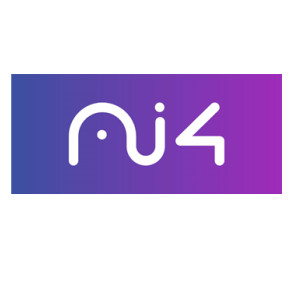 \
&
Contact us
\
&
Contact us
 \
&
Contact us
\
&
Contact us
Published on | 2 months ago
Programmes Climate, Energy, Mobility EITWhat is it about ?
The European institute of innovation and technology (EIT) has nine independant subdivisions called knowledge and innovation communites (KIC). They are a group made up of partners from business, academia and research (innovation) and are funded by the European Union. They regularly launch calls to stimulate new businesses and develop talented people.
The InnoNext Call by EIT Climate-KIC aims to achieve those goals by supporting start-ups and talented EIT graduates that can deliver innovative solutions for pressing climate issues. It is an initiative in collaboration with the European Innovation Council.
It opens fresh opportunities for EIT Community members to participate in fully funded Innovation Internships across Europe. Through this platform, graduates from EIT Label programmes and EIT-supported startups can access tailored placements that connect academic talent with business needs.
Who can take part ?
a) talents
b) startups and SMEs
You can apply for this programme at the bottom of this website.
We offer news and event updates, covering all domains and topics of Horizon Europe, Digital Europe & EDF (and occasionally, for ongoing projects, Horizon 2020).
Stay informed about what matters to you.
By signing up, you can opt in for e-mail notifications and get access to
a personalised dashboard that groups all news updates and event announcements in your domain(s).
Only for stakeholders located in Flanders

The AI4Culture project, funded under Digital Europe call Data space for cultural heritage (deployment) aims to develop an online capacity building hub for AI technologies in the cultural heritage sector. This hub contributes to the creation of the European common cultural heritage data space, which provides support to the digital transformation of Europe’s cultural sector and fosters the creation and reuse of content in cultural and creative sectors. The Flemish company CrossLang is one of the 12 partners in the project and brings in its year-long expertise in the development of multilingual technology to the transcription and translation of scanned printed and handwritten documents.